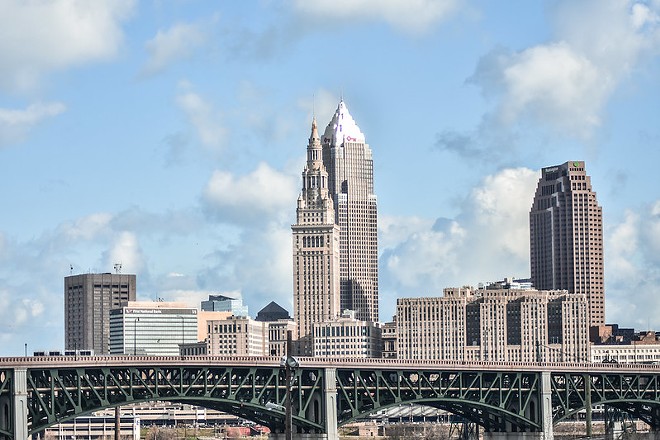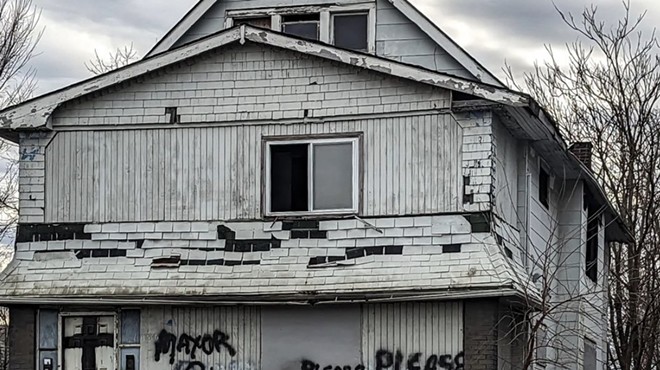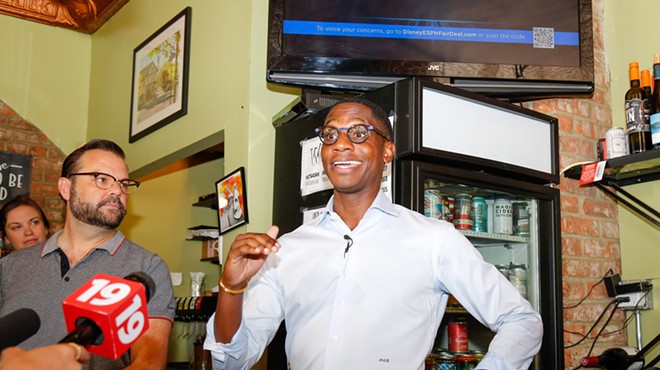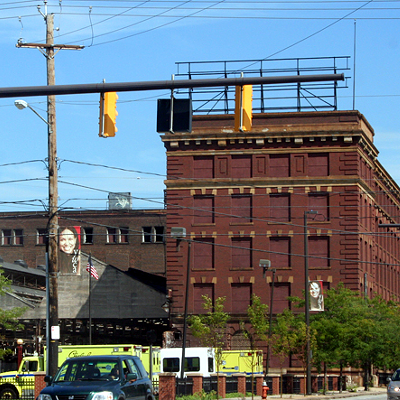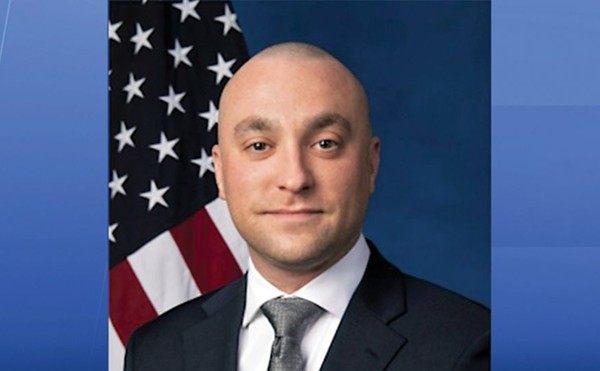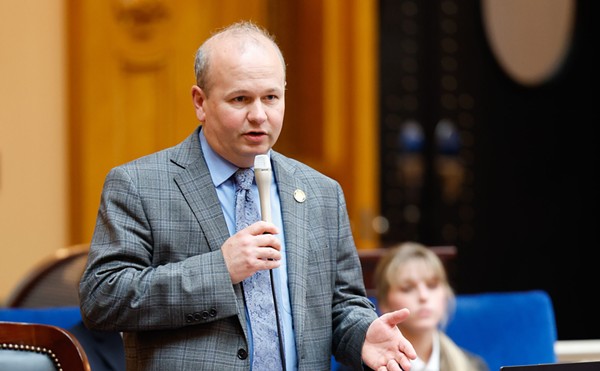Every week, 7,265 employees of the City of Cleveland leave their homes to attempt, in their own individual way, to make the city a better place to live.
Yet, the majority of those workers—some 53 percent of them—opt not to live in the city for which they work.
While 3,452 employees sport Cleveland addresses, the remaining 3,813 of them live in about 200 other municipalities around Northeast Ohio and beyond, according to data provided by the city in a public records request.
Cities chosen otherwise were, as expected, inner-ring suburbs with a close commute and generally affordable real estate markets: Euclid (277), Parma (230), Garfield Heights (153), Lakewood (144), Cleveland Heights (134) and North Ridgeville (131).
Roughly two-thirds of Cleveland's patrol officers live outside the city they protect.
Only one executive assistant to Mayor Bibb lives in Cleveland, unlike all of the city's municipal judges, seven out of ten custodians, roughly 70 percent of the Mayor's Cabinet and some half of employees of its Department of Building & Housing staff.
Other than obvious elements of city pride, having thousands of city employees splitting payroll taxes between Cleveland and other cities puts an obvious dent in the city's general fund, which relies heavily on income tax. More residents equal more dollars to spend.
In Mayor Justin Bibb's mind, reversing that loss in fuel for the city's general fund comes down to, he told Scene last month, shaping Cleveland's housing market on par with its suburban neighbors.
"We want to be a city of choice for our employees and for our residents as well," Bibb said. "We were ranked by Zillow as one of the top ten hottest housing markets in the country. I think that speaks to the growing excitement and the growing interest in the brand and the product we are building for our city coming out of the pandemic."
The backstory of the sprawling residencies of Cleveland's employees is rooted in legal history going back to 1982, when voters approved a law requiring city employees to live in Cleveland. That was the status quo for three decades, until May of 2006, when the Ohio Supreme Court found that forcing workers to live within city boundaries was unconstitutional.
Each mayor had his or her stance. Frank Jackson initially threatened to fire employees that relocated to the suburbs—he got rid of at least eight—believing that Cleveland home-rule law took precedence over the state's.
Jackson, and Mayor Jane Campbell before that, was worried about losing precious tax revenue.
"Officials have since maintained that the fiscal health of the city would be seriously compromised if city workers were allowed to live elsewhere," a Plain Dealer editorial read in 2006. Such a mass exodus, especially from Cleveland's west side, the paper argued, "could do real damage to the city."
City Hall spokesperson Marie Zickerfoose argued, in an email, that many of those 3,813 who live outside of Cleveland still rep ties to the city they work for. In some way.
"Several members of the Mayor's Cabinet live in the city, and multiple others were born and raised in Cleveland," Zickerfoose said. "The administration spends an enormous amount of time in the community through grassroots outreach and other numerous efforts to hear about issues from residents directly."
Explore the full data below.

